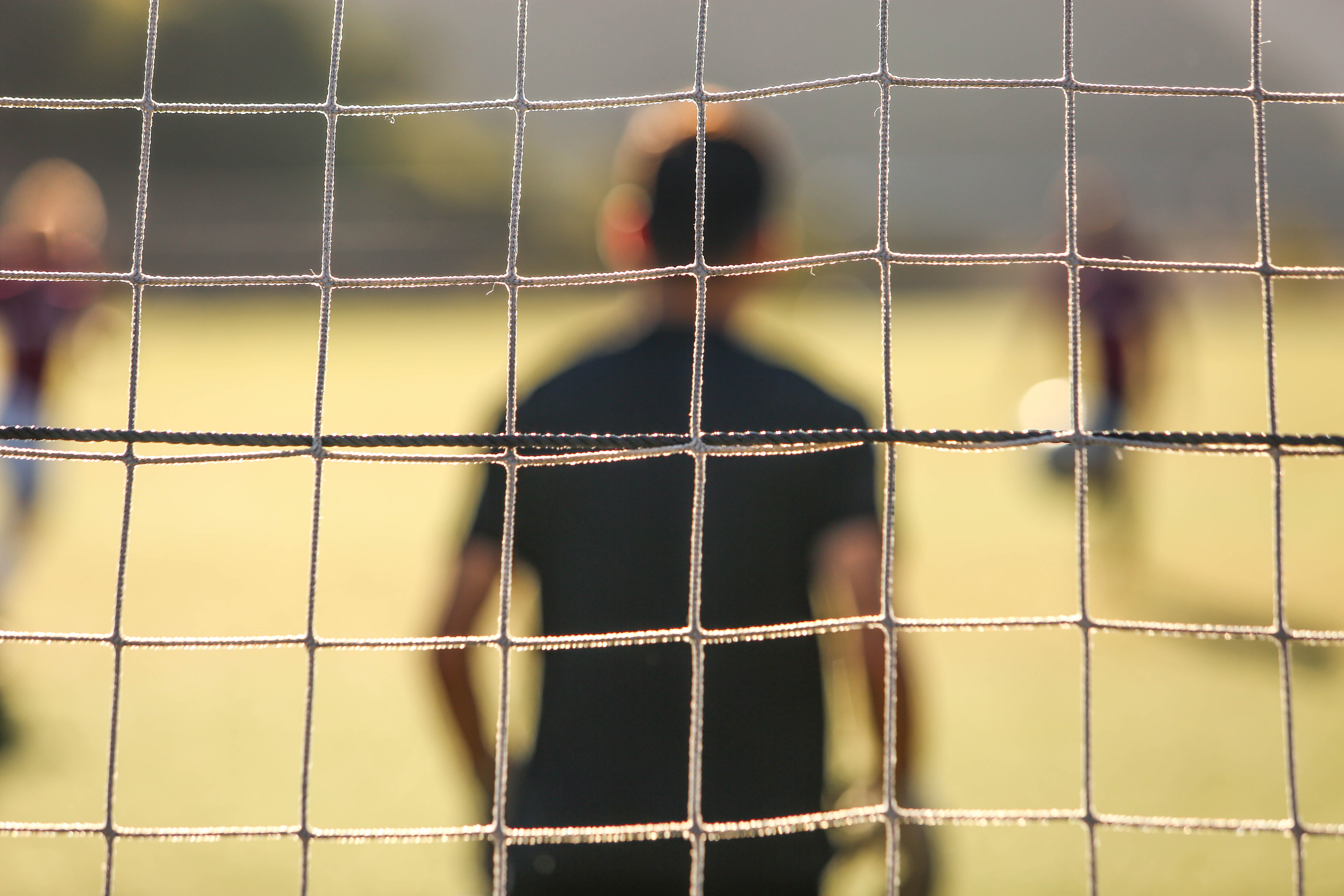The case, Adam X. et al. v. New Jersey Department of Corrections and Department of Education et al., was filed in January 2017 and offers a national example for special education services in prison.
Earlier this month, a New Jersey federal judge granted final approval of a class action settlement agreement in Adam X. et al. v. New Jersey Department of Corrections and Department of Education et al. Estimates suggest over 400 people may be impacted by the settlement. The case was initiated five years ago by three students – Adam X., Brian Y., and Casey Z. (pseudonyms) – who alleged they were denied special education in prison, together with organizational plaintiffs the American Civil Liberties Union of New Jersey and The Arc of New Jersey. The plaintiffs were represented by the ACLU of New Jersey Foundation, Disability Rights Advocates (DRA), and Proskauer Rose LLP. Read the Court’s opinion.
“The courage and dedication of our clients, along with years of investigation, litigation, and negotiation have brought us to this point, and we look forward to seeing the settlement provisions fully implemented. Now, students in New Jersey prisons will have meaningful access to special education services,” said Jeanne LoCicero, Legal Director of the ACLU of New Jersey, and counsel on the case since its inception. “People whose education was disrupted will also have access to a compensatory education program, whereby they can apply for services and funds.”
During the hearing, Judge Freda L. Wolfson, Chief Judge of the District of New Jersey, approved the settlement and noted that the settlement provisions and new policies would have a “significant impact” on young people in custody and could serve as “a model for other states.” Among other provisions, the settlement terms include an overhaul of the New Jersey Department of Corrections’ (NJDOC) policies regarding special education and related services, a five-year monitoring term, and an innovative program – administered by a court-appointed External Monitor, Dr. Susan Roberts – whereby class members can apply for compensatory education. Read the settlement agreement.
“Because of this case, people who go to prison at a young age, like I did, should now get the education and extra support they deserve. I’m proud I created possibilities and a chance at a better way of life for so many people,” said Adam X. (a pseudonym), a plaintiff in the case.
The settlement class includes anyone who was in NJDOC custody any time on or after January 11, 2015, and was, or should have been, identified as being entitled to special education services, or anyone who entered under the age of 18 and without a high school diploma during those years. It therefore includes people still in prison and those who have already been released. For more information, read the class settlement notice.
“This settlement takes a huge step towards ensuring that students with disabilities in New Jersey prisons have appropriate and equal access to education,” said Rebecca Rodgers, Managing Attorney at DRA. “We are particularly excited that the compensatory education program can provide access to additional programs and services for people who did not get vital education services while incarcerated.”
All Class Members who believe they were denied special education services from 2015 to 2020 may submit claims for what is called “compensatory education.” Class Members must mail a Compensatory Education Form to the ACLU of New Jersey and state if they would like the External Monitor to review their educational records and determine an appropriate compensatory education award for their circumstances. Under the settlement agreement, the External Monitor may award each Class Member up to $8,000 per year of denied services, to be used for educational, vocational, or reentry services. As of the Court’s ruling, over 100 class members had already submitted forms. For more information, download and print the Compensatory Education Form.
“When I was so young in adult prison, I felt like my life was over. But with the lawsuit, the energy of it all, it helped me get through life and have a better outlook: I had a vision for the bigger picture, the hopes and goals of this case. Now, with this settlement, I feel like I’ve accomplished so much,” said Brian Y. (a pseudonym), a plaintiff in the case. Read a Q&A with Brian Y.

Additionally, for high school students who remain in prison, the NJDOC is adopting new policies that overhaul the provision of special education and related services. New Jersey has the worst racial disparities in incarceration rates in the country; educational deprivations in state prisons have a disproportionate impact on people of color. The seven new policies are designed to identify students eligible for special education and implement appropriate services, including limitations on the use of “cell study” and worksheets and a requirement of at least four hours of instruction per day in a regular classroom setting. Read the full list of new policies.
“Today’s approval will allow the NJDOJ and NJDOE to start making the necessary reforms in order to provide students in New Jersey prisons with meaningful access to special education services,” said Proskauer Partner William C. Silverman, who leads the Firm’s global pro bono efforts. “Through this approved settlement, there is now a nationwide model for the implementation of special education services throughout the prison system.”
Finally, to ensure compliance with these provisions, the agreement sets out a five-year term during which the New Jersey Department of Education (NJDOE), with support from the External Monitor, will undertake robust monitoring of the NJDOC’s provision of special education and related services. During this term, the NJDOE and the External Monitor will conduct site visits, observe live instruction, interview students and NJDOC staff, review records, and prepare reports and, if necessary, remedial plans. The first phase of monitoring is set to begin in mid-March, and the DOE and External Monitor’s resulting reports will be available to the public.
“All these years, it’s been important to me to stand up for other people by being a part of this case. I take strength from knowing I’ve helped make this change and that so many others will benefit from it,” said Casey Z. (a pseudonym), a plaintiff in the case.
“This case will have a tremendous impact on high school students receiving special education services in prison – and the entire system – well into the future,” stated Thomas Baffuto, Executive Director of The Arc of New Jersey, an organizational plaintiff in the case and the state’s leading advocacy organization for people with intellectual and developmental disabilities and their families. “The new policies will ensure that high school students receiving special education in prison can access appropriate and meaningful services that are critical to their future success. In addition, the compensatory education funds will help to provide eligible students who have left prison with an opportunity to acquire meaningful vocational skills that will give them a step up when it comes to finding competitive employment in their community.”
Class Members may continue to submit Compensatory Education Forms for up to two years. Although the notice period is complete, Class Members and their loved ones may still reach out to class counsel at prisoneducation@aclu-nj.org or prisoneducation@dralegal.org or by calling 973-854-1700.
About the ACLU of New Jersey
The ACLU of New Jersey has defended liberty and justice guided by the vision of a fair and equitable New Jersey for all since our founding in 1960. Our mission is to preserve, advance, and expand the individual rights and liberties guaranteed by the state and federal constitutions in courts, in the legislature, and in our communities. We strive to be anti-racist and are actively committed to advancing racial justice for the people of New Jersey. We are a non-partisan organization that operates across political, legal, and cultural fronts to bring about change and build a more equitable society. www.aclu-nj.org
About Disability Rights Advocates
Founded in 1993, Disability Rights Advocates (DRA) is the leading national nonprofit disability rights legal center. Its mission is to advance the rights, inclusion, and equity of people with disabilities through high-impact litigation, education, and advocacy. DRA is proud to have upheld the promise of the ADA since our inception. Thanks to DRA’s precedent-setting work, people with disabilities across the country have dramatically improved access to health care, employment, transportation, education, disaster preparedness planning, voting and housing. For more information, visit www.dralegal.com
About Proskauer
Proskauer is a leading international law firm serving clients from 12 offices located in the Americas, Europe and Asia. At Proskauer, “for good” means giving of ourselves and making a positive impact on the lives of those less fortunate. Our pro bono work breaks boundaries. From high-impact litigation and complex transactions for nonprofit organizations, to matters for low-income individuals seeking equal access to justice – we are committed to driving businesses as well as society, forward. Additional information about the firm can be found at www.proskauer.com.


Join the conversation!